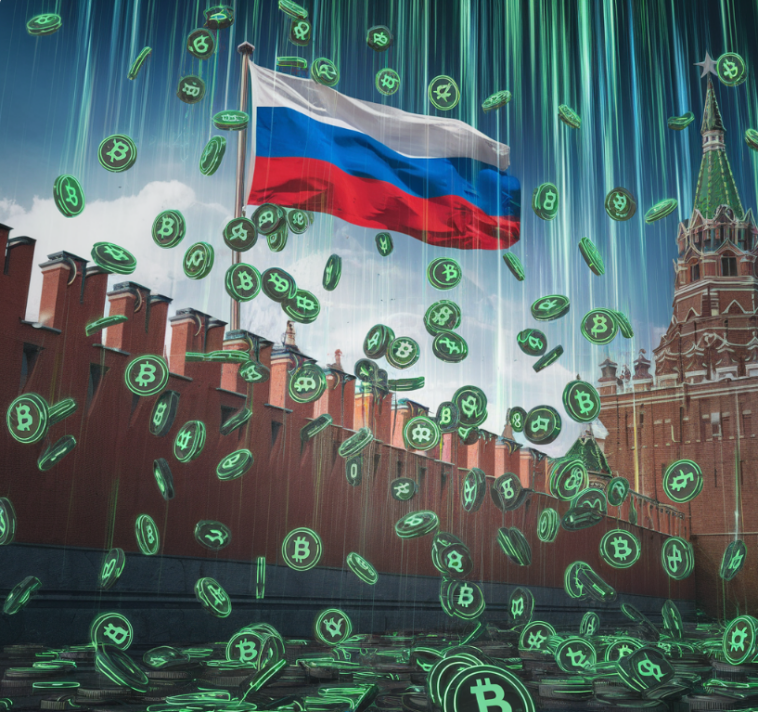Russia is intensifying its use of digital assets for international payments, aiming to bypass Western sanctions.
According to Bloomberg, the Russian government plans to start testing digital tokens for transactions with allied countries next week. This trial marks a significant step in Russia’s broader effort to find alternatives to the global financial systems that have restricted its access due to ongoing sanctions.
In recent months, Russia has shown increasing interest in digital assets. Just a month ago, a new law was passed that legalized digital assets, following the Bank of Russia’s statement that cryptocurrencies could serve as a replacement for SWIFT, the international banking communication system from which Russia was excluded after its conflict with Ukraine began.
Russia’s digital currency strategy may soon become a reality. Bloomberg reports that the country is working on connecting future digital asset exchanges to its National Payment Card System. This system, established in 2014, supports Russia’s domestic payment processing and powers the Mir payment card network.
While Russia’s interest in digital assets has been known, this is the first indication that it might establish national digital asset exchanges. However, local industry experts believe regulations could pose challenges. Most of Russia’s digital asset laws have focused on cryptocurrency, leaving legal uncertainties around setting up and running exchanges.
In the initial phase, the trial will reportedly involve large companies before extending to smaller, related businesses. According to experts, small and medium-sized enterprises (SMEs) might not be able to access these exchanges early on.
Critics like Nikita Vassev, founder of TerraCrypto, argue that Russia’s domestic exchanges may struggle. He believes that traders will stick with established global platforms unless they have no other option.




